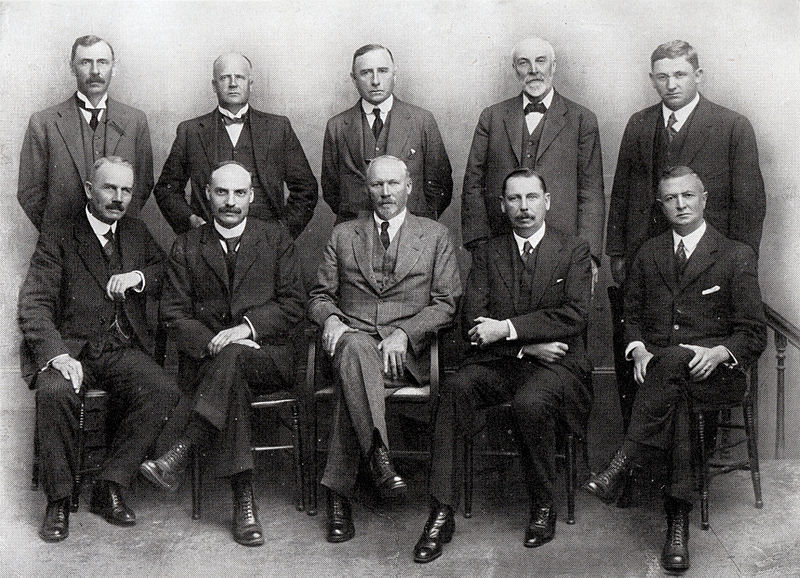This Day in History: September 3, 1919
Additional Date: September 3, 1919
General Jan Christian Smuts started his first term as prime minister of the Union of South Africa after the death of General Louis Botha on 27 August 1919. Smuts was a man of exceptional intellect and an internationally esteemed statesman who contributed tirelessly to the formation of the League of Nations, an international body with the aim of preserving world peace by preventing future wars through multinational dialogue and co-operation. Despite his international standing the Smuts government had to face mounting criticism in the early 1920s. His stern measures to quell revolts in 1921 (Bulhoek massacre), 1922 (Rand Revolt) and May 1922 (Bondelswarts/Bondelzwarts rebellion) made him unpopular, while his pro-British approach further alienated him from the Afrikaners. The heaviest blow to his government came in April 1923, when the two opposition parties, the Labour Party (LP) and National Party (NP), agreed to join forces against the South African Party (SAP) in the next election. When his party lost Wakkerstroom in a by-election in April 1924, reducing the majority of the SAP party in the House of Assembly to eight, Smuts announced a general election to be held in June 1924. The NP and LP easily unseated the Smuts government in this election.Keesing's Record of World Events states this date as 31 August, while seven other consulted sources do not give the exact date.
